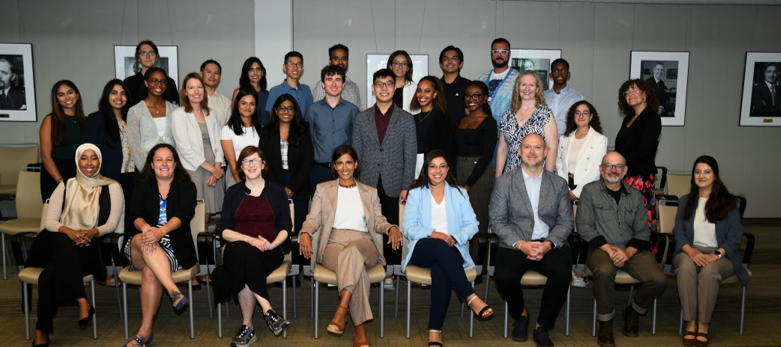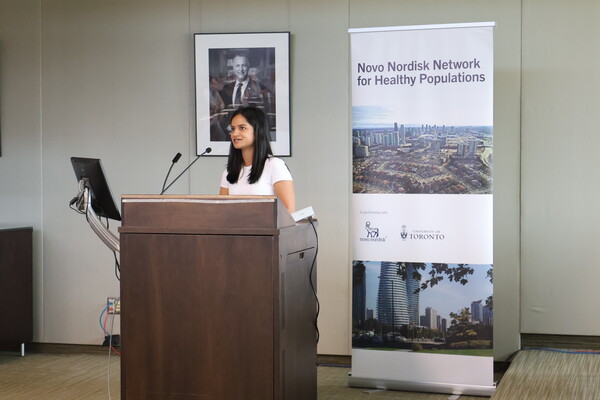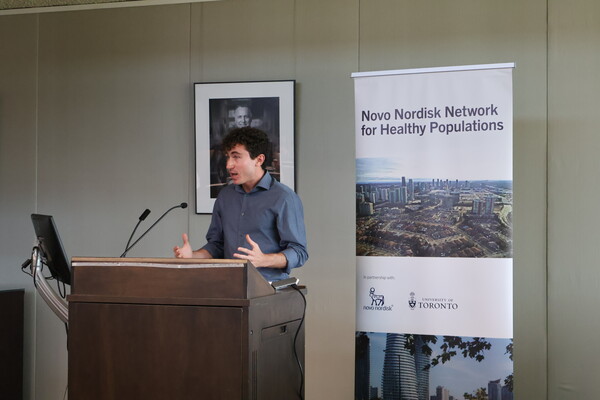Main Second Level Navigation
Nov 14, 2024
Summer Research and Training Program Paves the Way for Future Success

Students showcase their impactful research projects at the Network for Healthy Populations Summer Research Day, celebrating a summer of learning, collaboration, and innovation in population health


